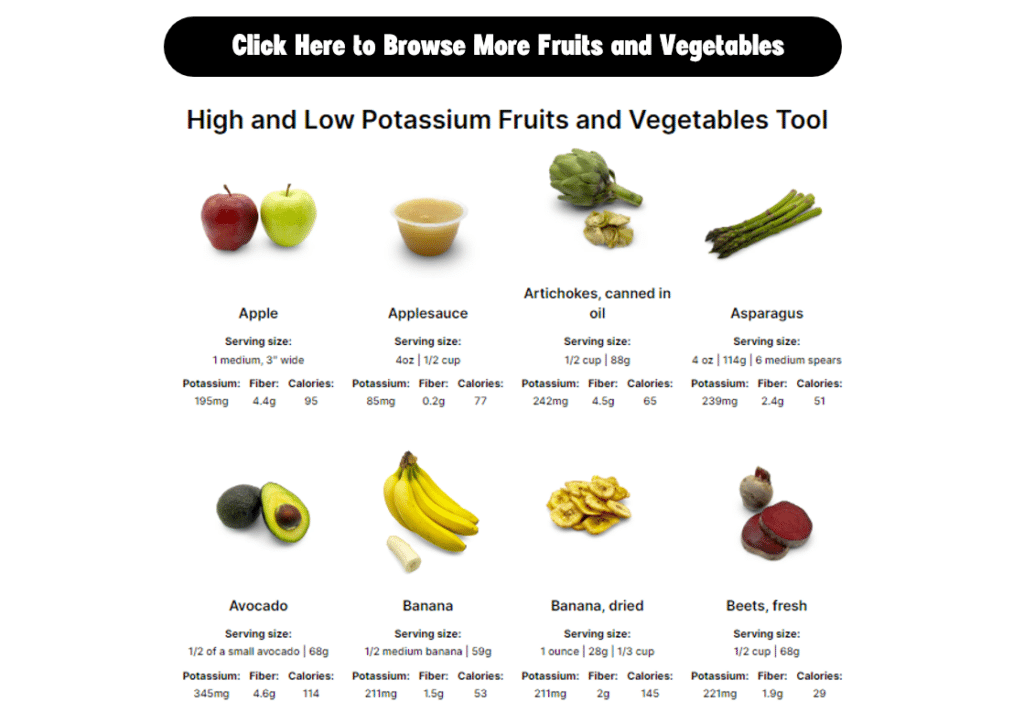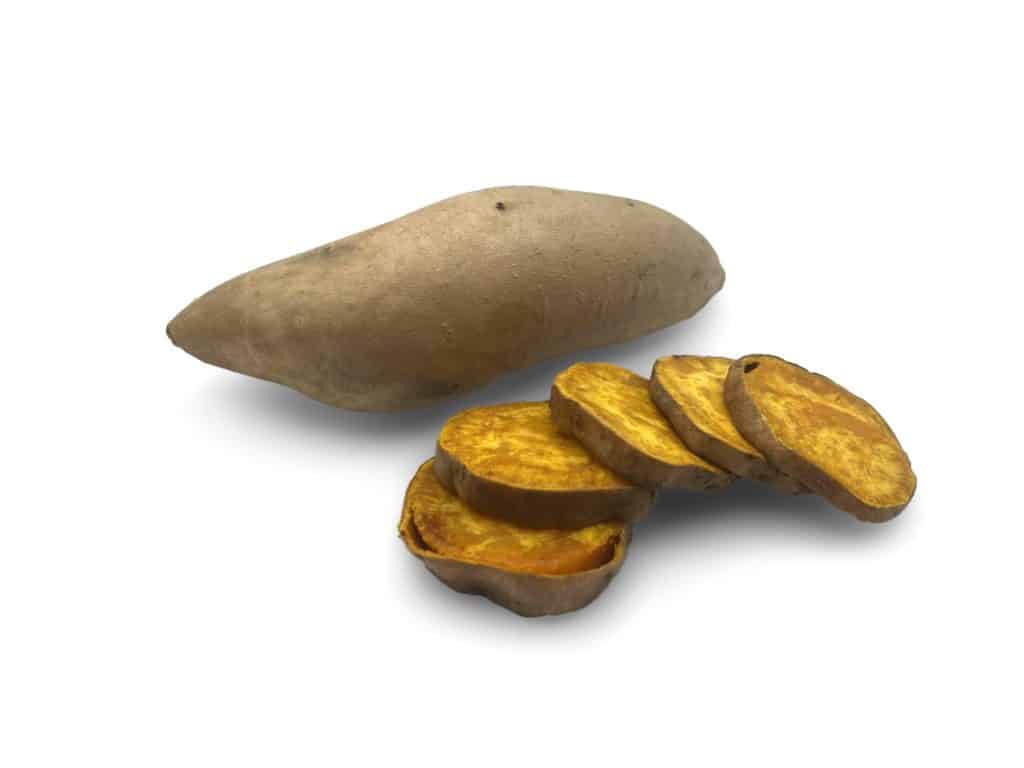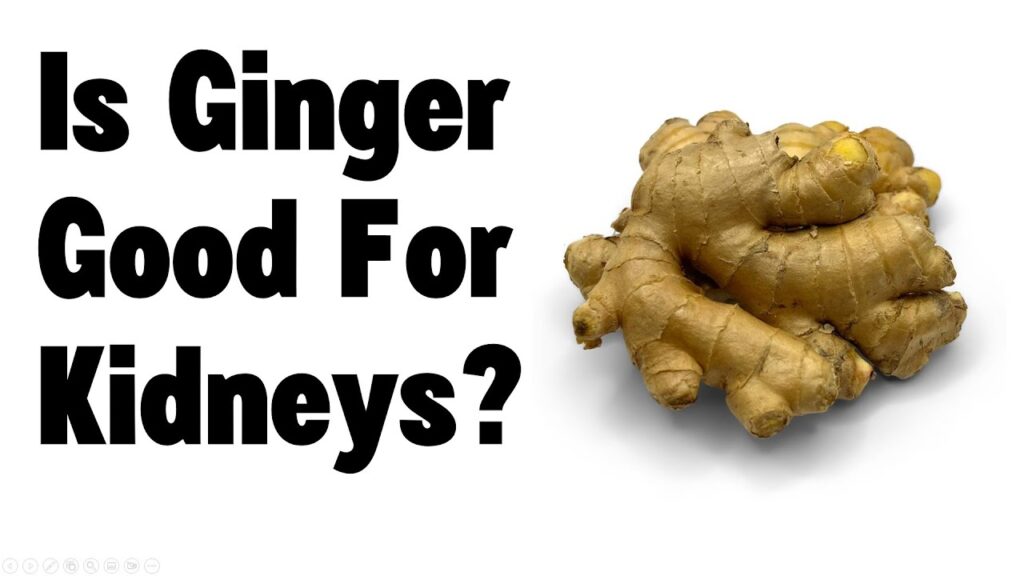Table of Contents
Is pumpkin good for kidneys?
Yes, pumpkin is rich in antioxidants and vitamins that are beneficial to people with kidney disease.
This post may contain affiliate links through which we may earn a small commission to help keep this website free.
Is pumpkin high in oxalates?
No, Pumpkin is considered a low oxalate food. (Source)
Is pumpkin high in potassium?
Yes, one half cup of cooked pumpkin contains 407mg of potassium making it a high potassium vegetable. Canned pumpkin, like most canned vegetables will contain less potassium per serving. A half cup of canned pumpkin contains approximately 252mg of potassium.
Many healthcare practitioners consider a vegetable to be high potassium if it contains more than 200mg of potassium per serving. However, if you have kidney disease, you should not restrict your intake of fruits and vegetables because of potassium content unless instructed by your kidney dietitian or healthcare provider. Many people who have kidney disease do not need to restrict their intake of potassium. There are many other factors that could cause you to have high potassium levels that are not related to the food you eat. You can learn more about potassium and kidney disease through our low cost course.
Is pumpkin high in phosphorus?
No. One half cup of pumpkin contains about 53mg of phosphorus. The phosphorus found in pumpkin is natural and poorly absorbed by the body, so it is considered a low phosphorus food.
Learn more about phosphorus by watching our youtube video here.
What are the benefits of pumpkin?
- Pumpkin contain vitamins and antioxidants, such as beta-carotene, which gives them their vibrant orange color. Antioxidants consumed through fruits and vegetables are considered to have protective effects against many chronic diseases.
- Pumpkin are also a good source of fiber. Fiber is important for gut health as well as helping the body maintain potassium levels.
- Research shows that a low intake of fruits and vegetables is associated with an increased risk of developing kidney failure in people with kidney disease (as well as those who don’t have kidney disease.
Are pumpkin seeds good for kidney disease?
Pumpkin seeds, also known as pepitas, are high in protein, so if you are following a lower protein diet, we recommend using them as a garnish on dishes and limiting your portion size. One tablespoon of pumpkin seeds will have approximately 1 gram of protein while one ounce of pumpkin seeds will contain almost 9 grams of protein.
Pumpkin seeds do contain many beneficial nutrients including magnesium and several B vitamins. They are also high in healthy unsaturated fats.
Healthy ways to eat pumpkin
- Roasted pumpkin: Cut a pumpkin into cubes or wedges, toss them with a small amount of olive oil, sprinkle with herbs or spices like cinnamon or paprika, and roast in the oven until tender. This brings out the natural sweetness and enhances the flavor of the pumpkin.
- Pumpkin puree: Steam or roast pumpkin until soft, then puree it in a blender or food processor. You can also buy canned pumpkin. Pumpkin puree can be used as a base for smoothies, added to oatmeal or yogurt, or used as a filling for baked goods like muffins or pancakes.
- Pumpkin seeds: Don’t discard the seeds! Rinse them, remove any pumpkin flesh, toss them with a little olive oil, and roast them in the oven until golden brown. Pumpkin seeds are a great source of healthy fats, protein, and minerals like magnesium and zinc. You can enjoy them as a snack or sprinkle them over salads, soups, or roasted vegetables.
High and Low Potassium Fruit and Vegetable Tool
Looking for more information on other kidney friendly fruits and vegetables? Check out our Fruit and Vegetable Potassium Tool.



